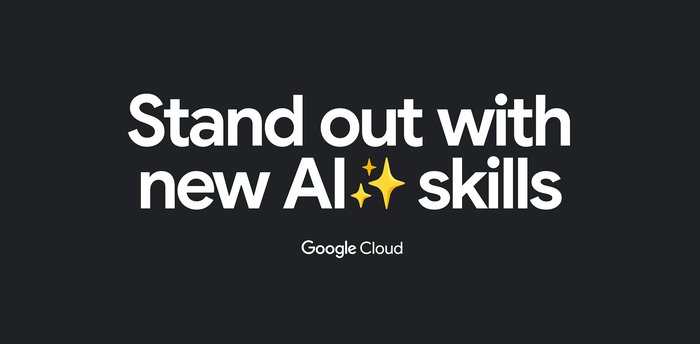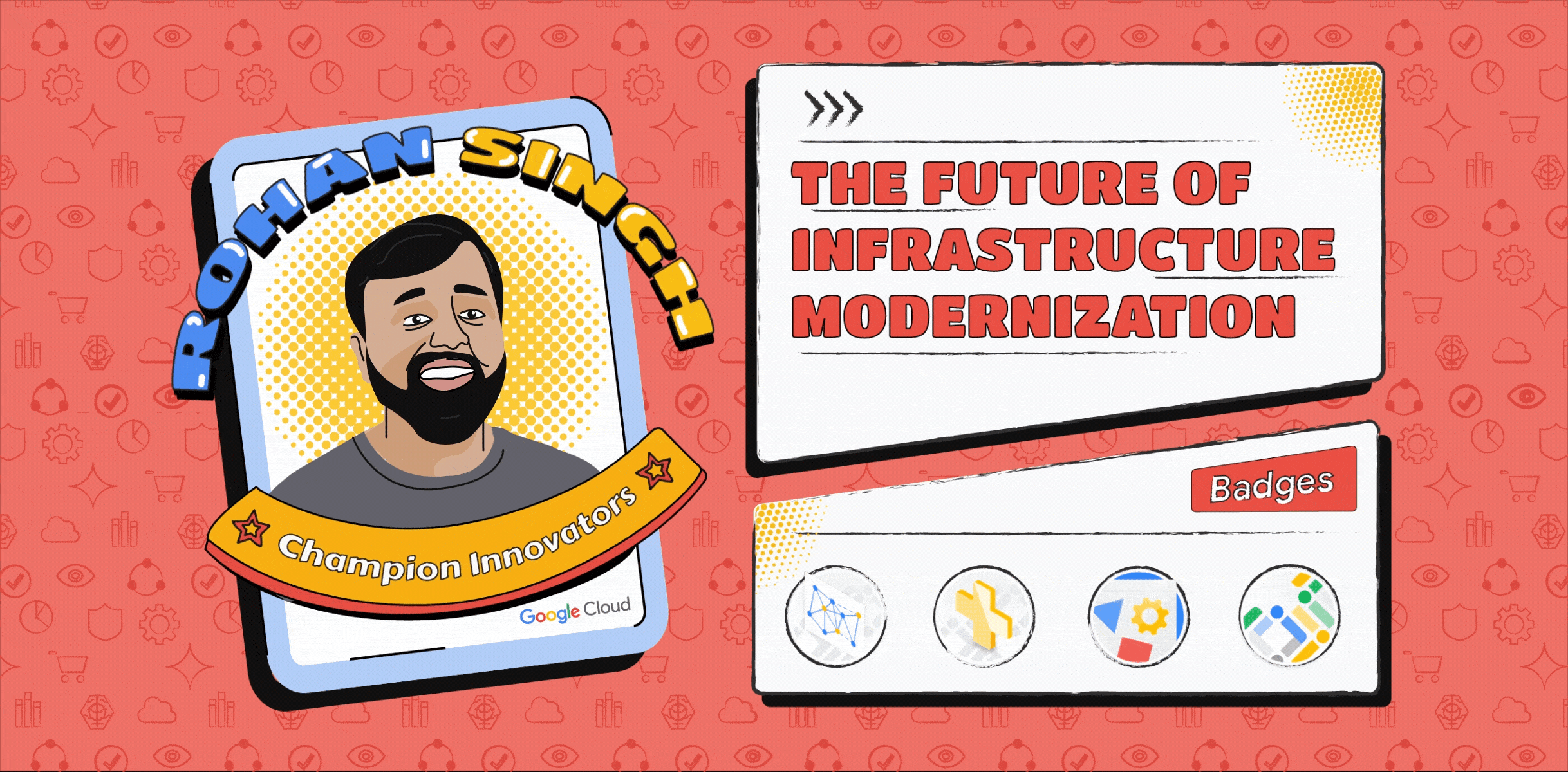Expand your multicloud resume with new courses and skill badges

Linda Moss
Director, Google Cloud Learning Services
A majority of businesses use services from multiple clouds, and with 84% of mid-to-large companies adopting a multicloud strategy this year, multicloud is positioned as one of the year’s defining trends in cloud computing. Moreover, Hashicorp’s recent State of Cloud Strategy Survey found that 76% of employers are already using multiple clouds in some fashion, with more than 50% flagging lack of skills among their employees as a top challenge to survival in the cloud.
With the rise of multicloud architecture and agile environments, coupled with the growing cloud skills gap, Google Cloud Learning has released new on-demand learning content and skill badges that support the professional’s path to translating their knowledge and skills to Google Cloud. A skill badge is an exclusive digital badge issued by Google Cloud in recognition of your proficiency with Google Cloud products and services and tests your ability to apply your knowledge in an interactive hands-on environment. Complete the skill badge quest, and final assessment challenge lab, to receive a digital badge that you can share with your network and add to your resume.
With new on-demand courses on Google Cloud Skills Boost and Coursera, we are offering new on-demand courses and skill badges (skill badges are available to earn on Google Cloud Skills Boost) to help individuals who already know and use other cloud technologies, add Google Cloud skills to their resume. The new courses include:
Google Cloud Infrastructure for Azure Professionals (Coursera) (Skills Boost)
[Skill Badge] Google Cloud Infrastructure for Azure Professionals
Google Cloud Infrastructure for AWS Professionals (Coursera) (Skills Boost)
[Skill Badge] Google Cloud Infrastructure for AWS Professionals
BigQuery Fundamentals for Redshift Professionals (Coursera) (Skills Boost)
BigQuery Fundamentals for Teradata Professionals (Coursera) (Skills Boost)
BigQuery Fundamentals for Oracle Professionals (Coursera) (Skills Boost)
BigQuery Fundamentals for Snowflake Professionals (Coursera) (Skills Boost)
“I'm so excited about our new on-demand learning content and skill badges. This will help to enable cloud engineers, cloud architects and data engineers to quickly and efficiently gain validated Google Cloud skills.” — Bhanu Murthy, Vice President, Google Cloud Customer Experience
Read on for additional course details:
For the skilled Azure or AWS Cloud Architect looking to expand their knowledge and skills to Google Cloud, we’re offering the following learning paths, which include a series of courses and a Google Cloud skill badge:
This learning path includes a series of four courses for cloud architects and engineers with existing AWS or Azure knowledge to learn the Google Cloud solutions in comparison with AWS or Azure and guide professionals on their use. With this learning path, you’ll apply your knowledge of concepts and technologies in AWS or Azure to see how they translate to Google Cloud. You’ll also get hands-on practice building and managing Google Cloud resources.
[Learning Path] Google Cloud Infrastructure for Azure Professionals
Includes a Google Cloud skill badge to earn upon completion of learning.


[Learning Path] Google Cloud Infrastructure for AWS Professionals
Includes a Google Cloud skill badge to earn upon completion of learning.


Upon completion of the courses and skill badge included in each path, you will be able to:
Describe a conceptual mapping of AWS / Azure services to Google Cloud equivalents
You’ll be able to apply prior knowledge to explain the similarities and differences in features and functionalities on AWS or Azure.
Create a well-architected starting framework on Google Cloud
Gain practical skills to create a well-architected starting framework in Google Cloud including; setting up IAM and security controls, creating networks and load balancing services, building a resource hierarchy with Compute Engine, Google Kubernetes Engine and Cloud Storage, and creating a modular and scalable environment to deploy code on Google Cloud.
Demonstrate a working knowledge of the Google Cloud infrastructure
Speed up your adoption journey into Google Cloud. Upon completion you will earn a Google Cloud skill badge.
For skilled data warehouse professionals looking to use BigQuery:
These are the first Google Cloud courses on BigQuery topics tailored to Redshift, Snowflake, Oracle, and Teradata professionals. In addition, these courses are among the first to include interactive content with hands-on labs, offering an enhanced learning experience.
The courses cover how to provision resources, create and share data assets, ingest data, and optimize query performance in BigQuery. Using knowledge of Redshift, Snowflake, Oracle, and/or Teradata, you’ll learn about the primary differences between BigQuery and other data warehouse platforms, so you can get started building your BigQuery data warehouse.
[Skill Badge] Validate your BigQuery skills with the Build and Optimize Data Warehouses with BigQuery


Upon completion of these courses and skill badge, you’ll be able to…
Describe BigQuery’s architecture, resource provisioning, and data definition model
Gain knowledge of BigQuery’s architecture and resource provisioning features, while seeing a high-level overview of the similarities and differences between Redshift, Oracle, Snowflake, Teradata, and BigQuery
Create, secure, and share BigQuery data assets using best practices
You’ll get the opportunity to create, populate, and share BigQuery datasets and tables through a hands-on lab experience
Implement common patterns and best practices for designing schemas and ingesting data in BigQuery
Explore options and best practices for designing table schemas and ingesting data into BigQuery through a hands-on lab experience
Use best practices to optimize query performance and control costs in BigQuery
Explore best practices for writing SQL queries in BigQuery through a hands-on lab experience
Compare and contrast differences and similarities between other data warehouses.
See how BigQuery’s features and options compare to other data warehouses.
Stand out, grow your multicloud resume and start your learning journey today.



